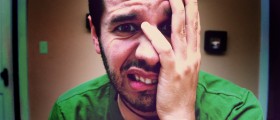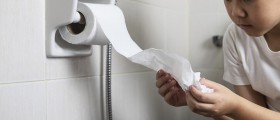
Enuresis (also known as bed-wetting) is a condition that commonly affects children who have not established full control over their bladder. However, the condition may also occur in adult people and is frequently reported in children who have actually learned how to control urination.
Bladder control is an act that needs time to be properly learned. It is normal for a child to reach the ultimate level of control over his/her bladder by the time he/she turns 4. Initially, the child establishes better control during daytime and eventually becomes as successful at night.
If problems with urinary incontinence occur, these require proper evaluation and treatment. The underlying causes must be identified and eradicated, if possible. The process may be challenging but in the majority of cases patients eventually re-establish control over the process of urination.
What Causes Enuresis?
There are two large groups of potential causes of enuresis, physical and psychological. In children the problem is mostly psychological. In adults, on the other hand, enuresis is generally closely connected with some underlying conditions. It is essential to memorize that children suffering from enuresis are not lazy or disobedient, therefore, parents should not punish them. Instead they should help their child overcome the problem.
The easiest explanation why enuresis occurs is a small bladder. Some people have small bladders which cannot hold a lot of urine. Furthermore, some children (sometimes even adults) may not be able to wake up in order to urinate. Also poor daytime toilet habits may be blamed for enuresis in children.
Apart from the mentioned, enuresis may also be a consequence of urinary tract infections, undiagnosed or confirmed diabetes, structural/anatomical abnormalities of the urinary tract, neurological problems, emotional problems, pinworm infection and finally, result from excessive fluid intake prior going to bed.
Enuresis Treatment
Enuresis is considered more as a social disturbance than a medical condition. It can be quite embarrassing and a person suffering from it may eventually end up anxious or agitated. As for children, they need to have plenty of support from their parents. Fortunately, some children may experience spontaneous resolution of enuresis.
If there are underlying medical conditions or emotional problems, these are brought under control which subsequently eliminates enuresis. Children suffering from enuresis may need to be monitored until they turn 7. As for adults, their urinary incontinence is most commonly treated conservatively and if it is severe enough, one may undergo several surgical procedure which provide with sufficient ability to hold urine.

















Your thoughts on this
Loading...